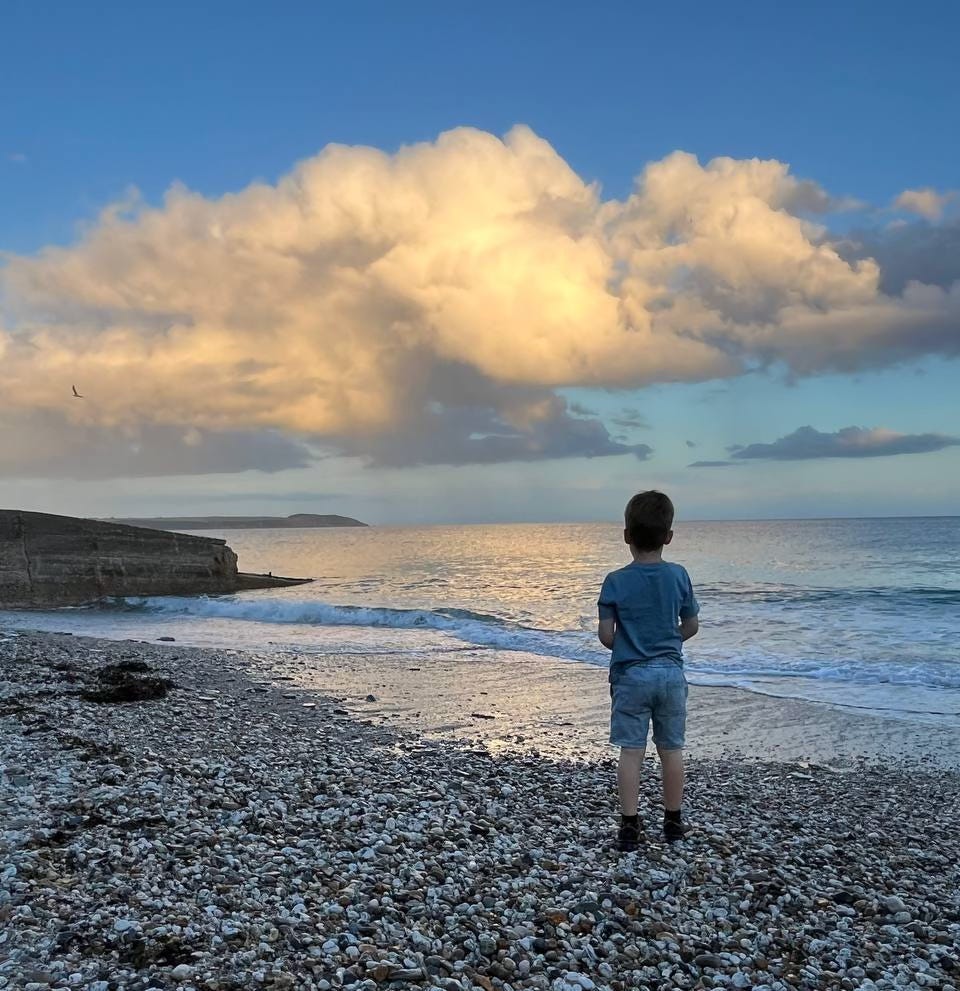Reflections 31st August
Animals, Algorithms and Three Decimal Places

There is something quite sterile about the conversations in the world of business and politics at the moment. I sense more fear than curiosity, as though we have been swept overboard from a vessel of normality and are thrashing around, looking for something to hold on to.
Just because we sense that the things we have been told to cling to are disintegrating around us, it does not mean it is true ; just that we are looking in the wrong places.
Keep reading with a 7-day free trial
Subscribe to Outside the Walls to keep reading this post and get 7 days of free access to the full post archives.

